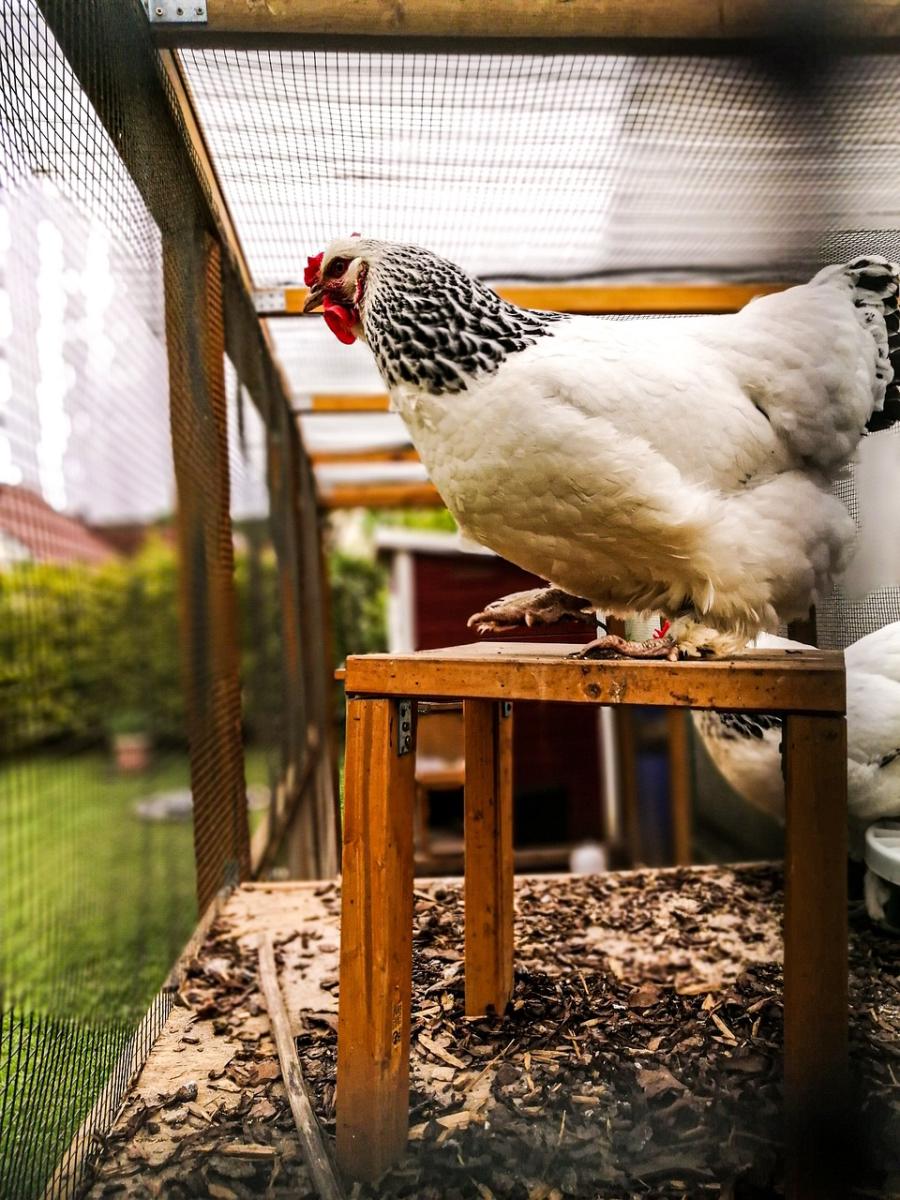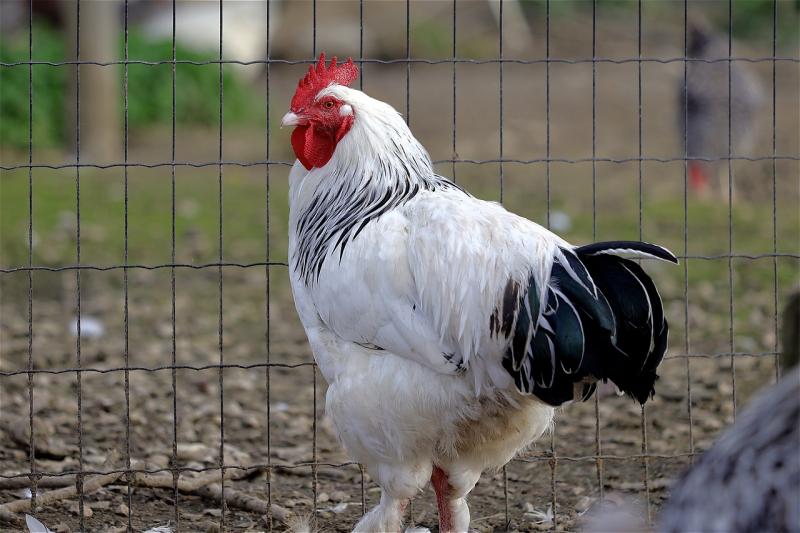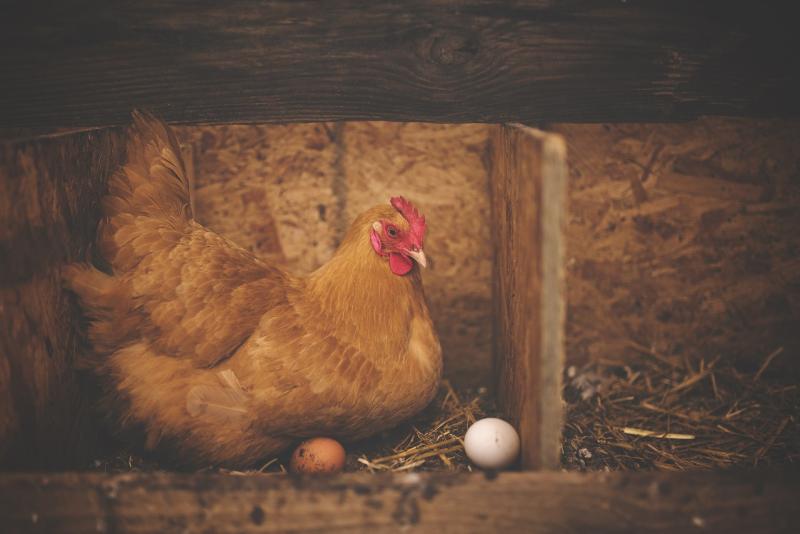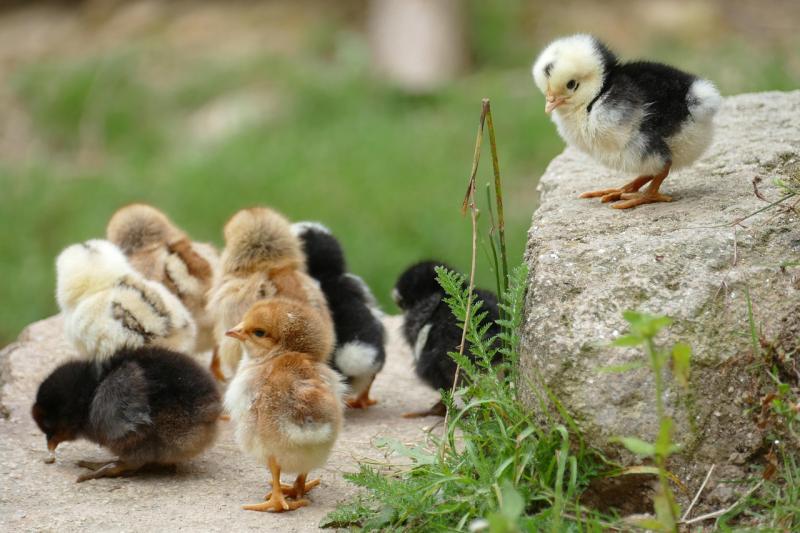Factors to Consider when Choosing a Chicken Coop for Your Backyard
When deciding to raise chickens in your backyard, one of the most important decisions you'll make is choosing the right chicken coop. A good coop provides a safe and comfortable environment for your feathered friends, while also ensuring convenience for you as the caregiver. Here are some key factors to consider when selecting the best chicken coop for your backyard:
1. Size and Capacity
The size of your chicken coop will largely depend on the number of chickens you plan to keep. It's essential to provide enough space for each bird to move around comfortably, stretch their wings, and lay eggs. As a general rule, allow a minimum of 4 square feet per chicken inside the coop, and at least 8–10 square feet per chicken in the outdoor run area.
2. Security
The safety and security of your chickens should be a top priority. Ensure that the chicken coop you choose is predator-proof by opting for sturdy materials, secure locks, and well-built fencing or wire mesh. Keep in mind that predators can range from neighborhood dogs and cats to raccoons, foxes, and even snakes.
3. Ventilation
Proper ventilation is crucial for maintaining a healthy and comfortable environment inside the chicken coop. Good airflow helps prevent the buildup of harmful ammonia fumes, regulates temperature, and reduces moisture levels. Look for coops that have ventilation openings, windows, or vents to ensure optimal airflow without compromising security.
4. Ease of Cleaning
Regular cleaning is necessary to prevent the spread of disease and maintain a hygienic living environment for your chickens. Choose a chicken coop that is designed for easy cleaning, with features like removable trays for droppings, accessible nesting boxes, and removable roosting bars.
5. Nesting Boxes and Roosting Bars
Providing comfortable spaces for laying eggs and sleeping is essential for your chickens' well-being. Look for coops that offer well-sized nesting boxes with enough compartments to accommodate the number of hens you have. Additionally, sturdy roosting bars should be present to allow your chickens to perch and sleep off the ground.
6. Location and Portability
Consider the space available in your backyard and choose a chicken coop that fits well within that area. The coop should be situated in a location that provides shade and protection from harsh weather elements, such as direct sunlight and strong winds. Also, if you anticipate needing to move the coop occasionally for lawn maintenance or other reasons, opt for a portable design with wheels or handles.
7. Budget
Lastly, consider your budget when selecting a chicken coop. Coops come in various price ranges, and while it's important to invest in a quality and durable coop, you also need to find one that fits within your financial means. Do thorough research, read reviews, and compare prices to make the best choice.
By carefully considering these factors, you can ensure that the chicken coop you choose is suitable for your backyard and meets the needs of both you and your feathered friends. A well-designed coop will provide a safe and comfortable home for your chickens, while also making it easier for you to care for them and enjoy the benefits of fresh eggs and the joy of raising backyard poultry.
Different Types of Chicken Coops: Pros and Cons
Choosing the best chicken coop for your backyard
1. Traditional Chicken Coop
The traditional chicken coop is the most common type used by backyard chicken owners. It usually consists of a small wooden structure with an enclosed area for the chickens to roost and lay eggs, as well as an attached outdoor run for them to exercise.
Pros:
- Easy to build or purchase
- Provides ample space for chickens to move around
- Protects chickens from predators
Cons:
- Requires regular cleaning and maintenance
- Can be more costly than other options
- May not provide adequate insulation in extreme climates
2. Portable Chicken Coop
A portable chicken coop, also known as a chicken tractor, is a movable coop that allows chickens to graze on fresh pasture while protecting them from predators. It is typically made of lightweight materials such as PVC or wood and has wheels for easy mobility.
Pros:
- Allows chickens to access fresh grass and insects
- Provides protection from predators
- Can be moved around to prevent overgrazing
Cons:
- Not ideal for large flocks due to limited space
- Requires regular moving and monitoring
- May not offer sufficient shelter in extreme weather conditions
3. Chicken Coop and Run Combo
A chicken coop and run combo is a convenient option that includes an enclosed coop and an attached outdoor run. This setup allows chickens to have a dedicated living space while also giving them access to fresh air and sunlight.
Pros:
- Provides ample space for chickens to roam and exercise
- Offers protection from predators
- Easy access to eggs and cleaning
Cons:
- May require additional predator-proofing measures
- Requires regular cleaning and maintenance
- Can be more expensive than a simple coop
4. Chicken Coop Kit
A chicken coop kit is a pre-fabricated coop that comes with all the necessary materials and instructions for assembly. These kits are designed to be easy to set up and usually require minimal carpentry skills.
Pros:
- Simple and quick to assemble
- Can be more affordable than custom-built options
- Provides a sturdy and secure housing solution
Cons:
- May lack customization options
- Limited in size and design
- Materials may not be as durable as custom-built coops
Tips for Selecting the Perfect Chicken Coop for Your Backyard Setup
When it comes to raising backyard chickens, providing them with a comfortable and safe space to live is essential. A chicken coop not only offers protection from predators but also helps to maintain cleanliness and provides a space for your birds to roost and lay eggs. Here are some tips to consider when selecting the perfect chicken coop for your backyard setup:
- Size Matters: Before purchasing a chicken coop, consider the number of chickens you plan to raise. The coop should offer enough space for the birds to move around comfortably. Experts recommend a minimum of 3-4 square feet of coop space per chicken. Additionally, ensure that the coop has sufficient height for proper ventilation and roosting.
- Sturdy Construction: Look for a coop made from durable materials such as solid wood or galvanized steel, ensuring it will withstand the elements and potential predator attacks. Reinforced wiring on windows and doors can also provide added security.
- Easy Access: Consider the ease of access when selecting a coop. You will need to clean the coop regularly, collect eggs, and provide food and water for your chickens. Look for coops with large doors or removable panels, making these tasks more convenient.
- Proper Ventilation: Adequate ventilation is crucial for maintaining a healthy environment inside the coop. Look for a coop that features well-placed vents or windows that can be opened or closed as needed to control temperature and airflow.
- Nesting Boxes: If you plan to have hens that lay eggs, ensure the coop comes with adequate nesting boxes. Each hen should ideally have her own nesting box to discourage egg-eating and promote cleanliness. The boxes should be easily accessible for egg collection.
- Run Area: Consider whether you want a chicken coop with an attached run or a separate enclosure for your chickens to roam. A run allows your chickens to stretch their legs and enjoy fresh air while still providing protection from predators. If opting for a separate run, ensure it is secure and predator-proof.
- Budget: Set a budget for your chicken coop, keeping in mind that quality and durability are important factors. A well-built coop may require a higher initial investment, but it will likely save you money in the long run by minimizing maintenance and replacement costs.
By considering these tips, you can select the perfect chicken coop that meets your backyard's needs and provides a safe and comfortable home for your feathered friends. Remember to research local zoning regulations and obtain any necessary permits before setting up your coop.



